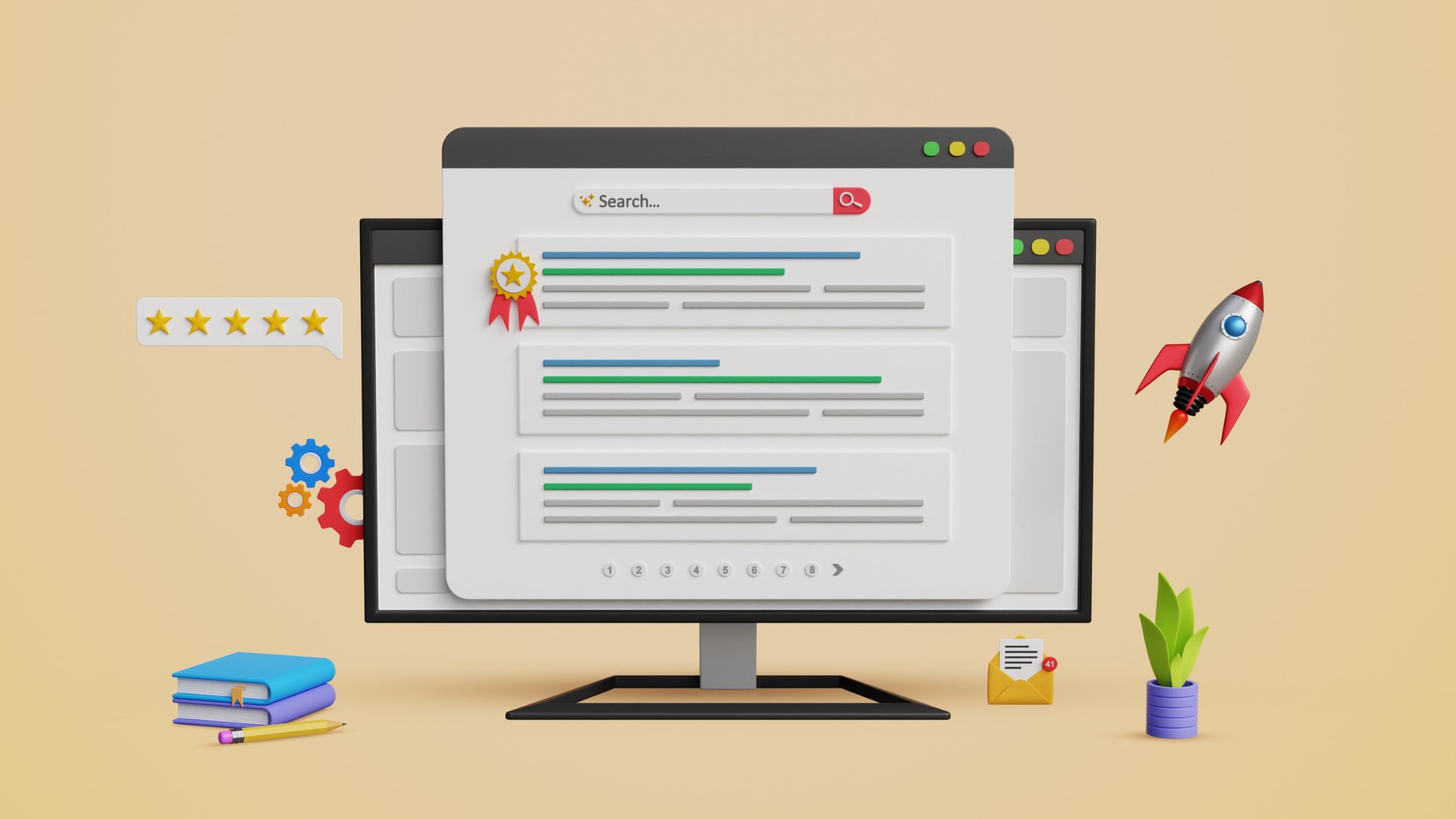As an HR leader in Singapore, combating workplace incivility is likely a growing concern for you. From passive-aggressive emails to exclusionary behaviours, these subtle yet harmful actions can significantly impact employee well-being and organisational productivity. Recent studies by the Singapore Human Resources Institute reveal that 65% of local workers have experienced some form of incivility in the past year, whether it's colleagues speaking over one another in meetings or managers dismissing ideas without consideration; these behaviours erode trust and collaboration. In this article, we'll explore the nuances of workplace incivility in Singapore's unique cultural context and provide you with practical strategies to foster a more respectful work environment.
Workplace incivility refers to low-intensity, rude behaviours that violate workplace norms of mutual respect. These actions often have an ambiguous intent to harm but can significantly impact employee well-being and productivity. In Singapore, workplace incivility may manifest differently due to cultural norms and hierarchical structures.
Singapore's high power distance culture influences how workplace issues are perceived and addressed. Research suggests that Singaporean employees tend to be more accepting of workplace mistreatment compared to their Western counterparts. This cultural context can make it challenging to identify and address incivility effectively.
Despite cultural differences, workplace incivility in Singapore can lead to serious consequences, including job dissatisfaction, psychological stress, and increased turnover rates. Studies have shown that when organisations take incivility complaints seriously, the negative impact on work satisfaction and withdrawal can be mitigated. This underscores the importance of HR leaders in Singapore addressing these workplace issues proactively.
Workplace incivility encompasses a range of disrespectful behaviours that violate professional norms. According to research, these actions are often subtle yet can significantly impact employee well-being and organisational productivity.
This category includes blatant rudeness, belittling remarks, and public criticism. Examples range from yelling at colleagues to taking undue credit for others' work. Such behaviours create a hostile work environment and can lead to increased workplace issues.
More difficult to identify, subtle incivility manifests as passive-aggressive actions. These may include ignoring coworkers, giving silent treatments, or making dismissive gestures. While less obvious, these behaviours can be equally damaging to workplace morale.
This type refers to organisational practices that foster disrespect. It may involve unfair treatment, lack of recognition, or excessive workloads. A study in Singapore found that nurses working over 44 hours per week were more likely to experience workplace incivility, highlighting the role of systemic factors in perpetuating uncivil behaviours.
Workplace incivility encompasses a range of low-intensity, disrespectful behaviours that violate norms of mutual respect. According to research, these subtle yet harmful actions can significantly impact job satisfaction, psychological well-being, and employee turnover. In Singapore's multicultural work environment, incivility often manifests in unique ways influenced by cultural norms and power dynamics.
Common examples of workplace incivility include rudeness, unfair treatment, subtle harassment, and disruptive behaviour. These can take the form of ignoring colleagues, making sarcastic remarks, or engaging in gossip. A study on nurses in Singapore found that 42.8% experienced occasional workplace incivility in the past six months, highlighting its prevalence.
Notably, 20% of employees reported mistreatment by co-workers or peers due to political views. This statistic underscores the need for HR leaders to address workplace issues related to diverse opinions and foster an inclusive environment that respects differing perspectives.
Workplace incivility, a pervasive issue in Singaporean offices, stems from various interconnected factors. Understanding these root causes is crucial for HR leaders to effectively combat this problem.
When employees feel undervalued or disengaged, they're more likely to engage in uncivil behaviour. A study across Asian countries found that workplace incivility significantly impacts employee engagement, with engaged employees dropping sharply as incivility increases.
High-pressure environments can breed incivility. In Singapore's fast-paced work culture, stress often manifests as rude or disrespectful behaviour. This is particularly evident in industries with demanding deadlines and high-stakes projects.
Feelings of job insecurity, coupled with high job demands, can lead to workplace issues. Employees may resort to uncivil behaviour as a misguided attempt to assert dominance or cope with anxiety. Research indicates that workplace incivility can trigger an escalating spiral of negative behaviours, potentially deteriorating into more serious forms of aggression.
To combat workplace incivility, HR leaders must first establish clear expectations for professional conduct. According to Forbes, this involves creating a robust code of conduct that explicitly defines unacceptable behaviours and makes civility a core organisational value. By setting these standards, employees understand what constitutes respectful interaction in the workplace.
HR professionals can foster an environment where employees feel comfortable reporting workplace issues without fear of retaliation. Implementing anonymous reporting channels and regular check-ins can encourage staff to voice concerns about incivility early on, preventing escalation.
Research indicates that leadership plays a crucial role in shaping workplace culture. HR leaders should work closely with senior management to model respectful behaviour and demonstrate a genuine commitment to addressing incivility. This top-down approach reinforces the importance of maintaining a positive work environment.
Comprehensive training programmes on conflict resolution and effective communication can equip employees with the skills to navigate workplace tensions. HR can also introduce mediation services to address conflicts promptly and professionally, mitigating the impact of incivility on team dynamics and productivity.
Clear boundaries between work and personal time are essential for employee well-being. Keller Singapore, winner of the Workplace of the Year Award for Best Work-Life Harmony, exemplifies this by implementing flexible working policies and adopting Tripartite Standards to protect employees' time outside of work. Such initiatives can significantly reduce workplace incivility and enhance overall job satisfaction.
HR professionals play a crucial role in creating a mentally healthy and inclusive workplace. By establishing effective grievance-handling mechanisms and promoting awareness of fair workplace practices, as recommended by the Workplace Fairness Bill, organisations can address workplace issues promptly and maintain a positive work culture.
Workplace incivility refers to rude, disrespectful behaviours that can significantly impact employee well-being and organisational culture. According to research, these ambiguously rude actions, such as not returning a greeting or addressing colleagues disrespectfully, are among the most common forms of workplace issues. While distinct from outright bullying, incivility can escalate from minor rudeness to more severe misconduct if left unchecked.
Uncivil behaviour can have far-reaching consequences. Studies show that workplace incivility is negatively related to job satisfaction and positively linked to work withdrawal. This toxic environment can lead to increased stress, lower dedication, and overall employee dissatisfaction. Moreover, bystanders may experience feelings of guilt and shame, perpetuating a cycle of discourteous conduct if not addressed promptly and effectively.
To mitigate workplace incivility, experts recommend that employers implement a zero-tolerance policy, encourage reporting of incidents, and provide well-designed training programmes. Research indicates that when organisations take incivility complaints seriously, it helps alleviate the negative impact on work satisfaction and withdrawal. Leaders should act as role models, demonstrating respectful behaviour and acknowledging others who do the same.
As an HR leader in Singapore, you play a crucial role in fostering a respectful workplace culture. By implementing comprehensive policies, providing targeted training, and establishing clear reporting mechanisms, you can effectively combat incivility and its detrimental effects. Remember, addressing issues like exclusionary behaviours, microaggressions, and passive-aggressive communication is essential in Singapore's diverse work environment. Draw inspiration from local success stories, such as DBS Bank's 'Respect in the Workplace' initiative, to tailor your approach. By prioritising civility and respect, you not only enhance employee well-being but also contribute to increased productivity and retention. Take proactive steps today to create a workplace where every individual feels valued and respected.

In Singapore’s job market, portals offer fast access while agencies provide tailored matchmaking.
Read more
FastGig helps solve manpower shortages by offering flexible gig work for businesses and individuals in SG.
Read more
Hiring faster starts here—Job Bump boosts your listing by 30%+ without needing a repost.
Read more